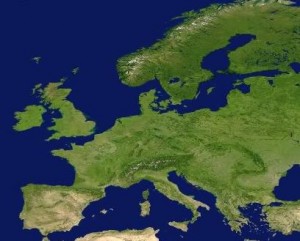
The request for information dates back to 2010 but it was rejected by the Commission. This was challenged in December, but despite a deadline of February 4th 2011, the Commission has still not responded.
The group is worried that EU policies on biofuels will increase pressure on land, increase gas emissions, threaten vulnerable communities and biodiversity. The Renewable Energy Directive sets a 10 per cent target for use of renewable energy in the transport sector and biofuels are the main component of this policy.
In theory the directive includes sustainability criteria to make sure biofuel production protects high carbon stock areas (land with a high ability to retain and release carbon) and biodiversity standards, although social impacts are ignored. Compliance is monitored by accredited voluntary certification schemes. The EU currently studies which of these schemes it will accredit but the process has lacked transparency, the group of NGOs said.
“The amount of money at stake over Europe’s biofuels policy is colossal, and so is the potential for environmental devastation. These policies are too important to shield from scrutiny, decision making processes need to be more participatory. We need to know which organisations have applied to run voluntary certification schemes, and how they’ve been chosen, so that we can be certain that they will provide robust and reliable informationâ€, said James Thornton, ClientEarth CEO.
The group cites the example of Kenya Jatropha Energy Ltd, owned by Nuobe Iniziative Industrali, which has applied to plant 50,000 hectares of jatropha in Dakatcha on the North Eastern coast of Kenya to make biodiesel for European markets. However, the proposal would create more emissions once land-use change consequences are considered as the area is also a high carbon stock area. The area is also home to threatened bird species and 20,000 people who rely on small-scale farming and the woodlands to make a living. These people would face eviction if the proposal was accepted.
You should follow us here.





